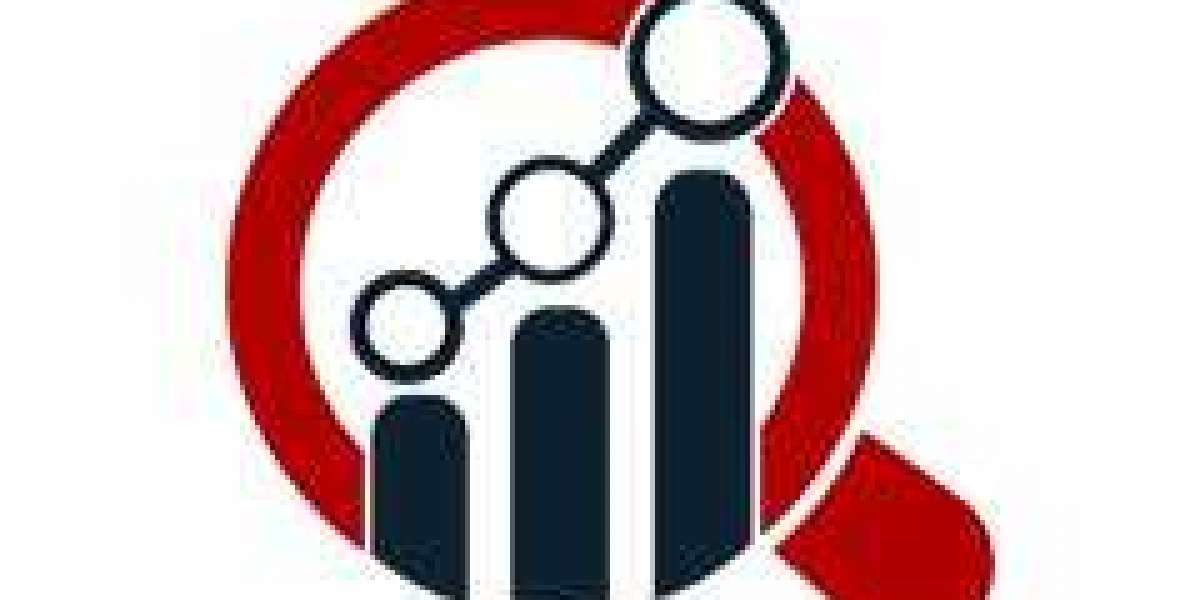Have you ever found yourself pining for someone who didn't appreciate you? This experience, while emotionally confusing, is surprisingly common. Why do we miss those who seem indifferent, even hurtful, in their treatment of us? The answer lies deep within our psychology of emotional attachment.
Filling the Gaps: The Allure of Incomplete Connections
Sometimes, people who undervalue us fulfill a certain need, even if it's temporary and unhealthy. These unmet needs might be internal voids stemming from a lack of attention, love, or support in our lives. A person who doesn't fully reciprocate our feelings can still provide a temporary sense of completeness, creating an illusion that they're the missing piece.
Example: The Case of the Elusive Partner
Consider someone in a relationship with a distant partner who prioritizes work and avoids commitment. While objectively not ideal, the moments of connection with this unavailable partner might fill a void of loneliness or a yearning for intimacy. When the relationship ends, the person might miss not the partner themself, but the temporary sense of fulfillment they provided.
Example: The Paradox of Toxic Friendships
Another scenario involves missing a friend who constantly belittles or criticizes you. Despite the obvious toxicity, such "friends" might fill a void for social connection or belonging. Without them, the person might feel a renewed sense of emptiness, missing the (albeit unhealthy) way that void was filled.
Beyond Victimhood: The Uncomfortable Truth
There can also be an unconscious element of victimhood at play. While certainly not the intention, enduring a lack of appreciation can bring a strange sense of purpose. Sympathy from others, the opportunity to vent our frustrations, and even a strange kind of self-validation through suffering can create a complex dynamic. In rare cases, there might even be a subconscious enjoyment of the emotional pain, a phenomenon psychologists term "psychomasochism."
The Path to Healing: Self-Love and Independence
The key to overcoming this dependence on those who undervalue us lies in self-awareness. Recognizing this pattern is the first step. Next comes the crucial work of filling those internal voids with self-love and self-sufficiency. By focusing on personal growth and developing healthy independence, we can learn to feel complete within ourselves, free from the need for external validation, especially from unappreciative sources.
Breaking Free from the Cycle: Seeking Professional Help
If you find yourself struggling to break free from unhealthy attachment patterns, consider seeking professional help from a therapist or counselor. They can provide a safe space to explore the root causes of your emotional dependence and develop healthy coping mechanisms. A therapist or counselor can also help you build self-esteem and establish stronger boundaries in your relationships.
By understanding the psychology of emotional attachment and prioritizing self-love, we can learn to let go of those who don't appreciate us and create space for healthier, more fulfilling relationships in our lives. Remember, learning to appreciate yourself is the first step to attracting someone who will truly appreciate you in return.













